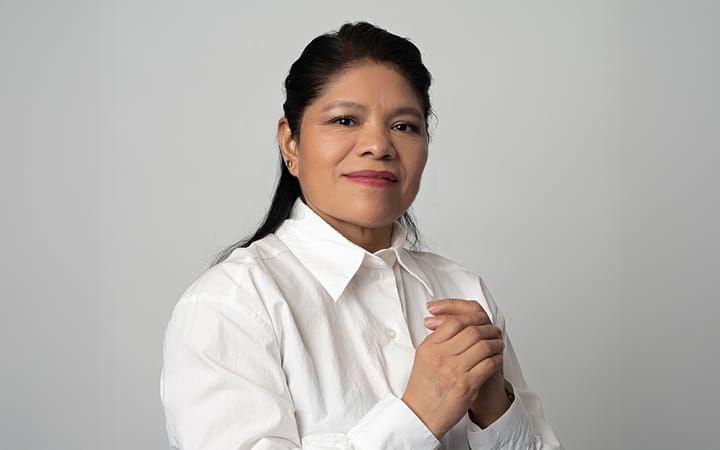Por Diana Murrieta
El trabajo de cuidados es hoy en día uno de los temas principales en la agenda de género en nuestro país. Tenemos ejemplos clave de municipios que han implementado sistemas integrales de cuidado, como Zapopan e Iztapalapa. Sin embargo, la discusión sobre la importancia e incluso el impacto económico de los cuidados está comenzando a ganar relevancia en las agendas internacionales y discusiones sobre los derechos de las mujeres y el reconocimiento de las cuidadoras.
Los trabajos de cuidado tienen su origen en la necesidad de asegurar el bienestar de los miembros más vulnerables de nuestra comunidad, como la infancia, los adultos mayores y personas enfermas. Desde los inicios de la sociedad, estas tareas se realizaban en el hogar y la comunidad, siendo responsabilidad principalmente de las mujeres.
A lo largo de los siglos XIX, XX y XXI, el feminismo y diversos movimientos sociales fueron fundamentales para que las mujeres comenzaran a trabajar fuera del hogar. Sin embargo, los trabajos de cuidado no desaparecieron; más bien continuaron invisibilizados y sin remuneración.
Actualmente, la lucha se centra en el reconocimiento de estos trabajos no solo como funciones domésticas, sino como fundamentales para el funcionamiento social. Estos trabajos han sido históricamente desvalorizados y excluidos de las políticas públicas, a pesar de ser tan importantes como cualquier otra profesión de cuidado, como la salud y la educación.
El primer reconocimiento formal de los trabajos de cuidado como esenciales y remunerados fue en Nueva Zelanda en 1938, con la implementación de la Ley de Bienestar Social, que estableció salarios para las trabajadoras del hogar, reconociendo su papel fundamental en el bienestar social.
En contraste, en México, según el INEGI, las mujeres realizan aproximadamente el 75% del total de trabajos de cuidado no remunerados, lo que afecta directamente su capacidad para estudiar, trabajar y participar en la vida pública. Estas labores incluyen el cuidado de hijos, personas adultas, preparación de alimentos, limpieza, entre otras.
No es sorprendente que este tema esté ahora en todas las agendas de género a todos los niveles de gobierno en este sexenio. Antes de esto, ya contábamos con los primeros sistemas integrales de cuidado en el país. Zapopan fue pionero en México al desarrollar un reglamento que incluyó los trabajos de cuidado en la agenda pública, gracias a la hoy diputada local Gabriela Cárdenas. Actualmente, en Zapopan se destina presupuesto para las personas que cuidan bajo el programa “Cuida a quien te cuida”, impulsado por esta legisladora.
Suscríbete para leer la columna completa…




